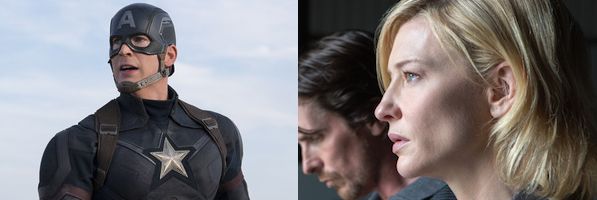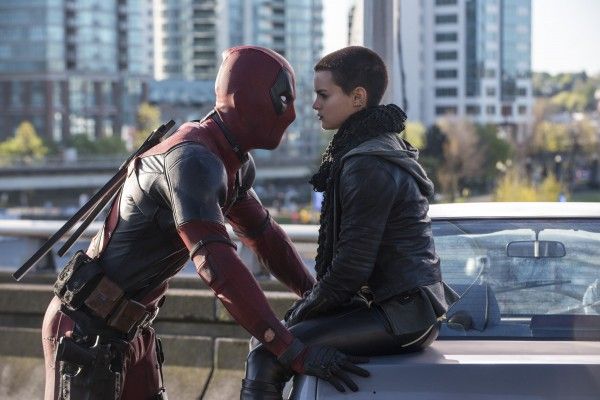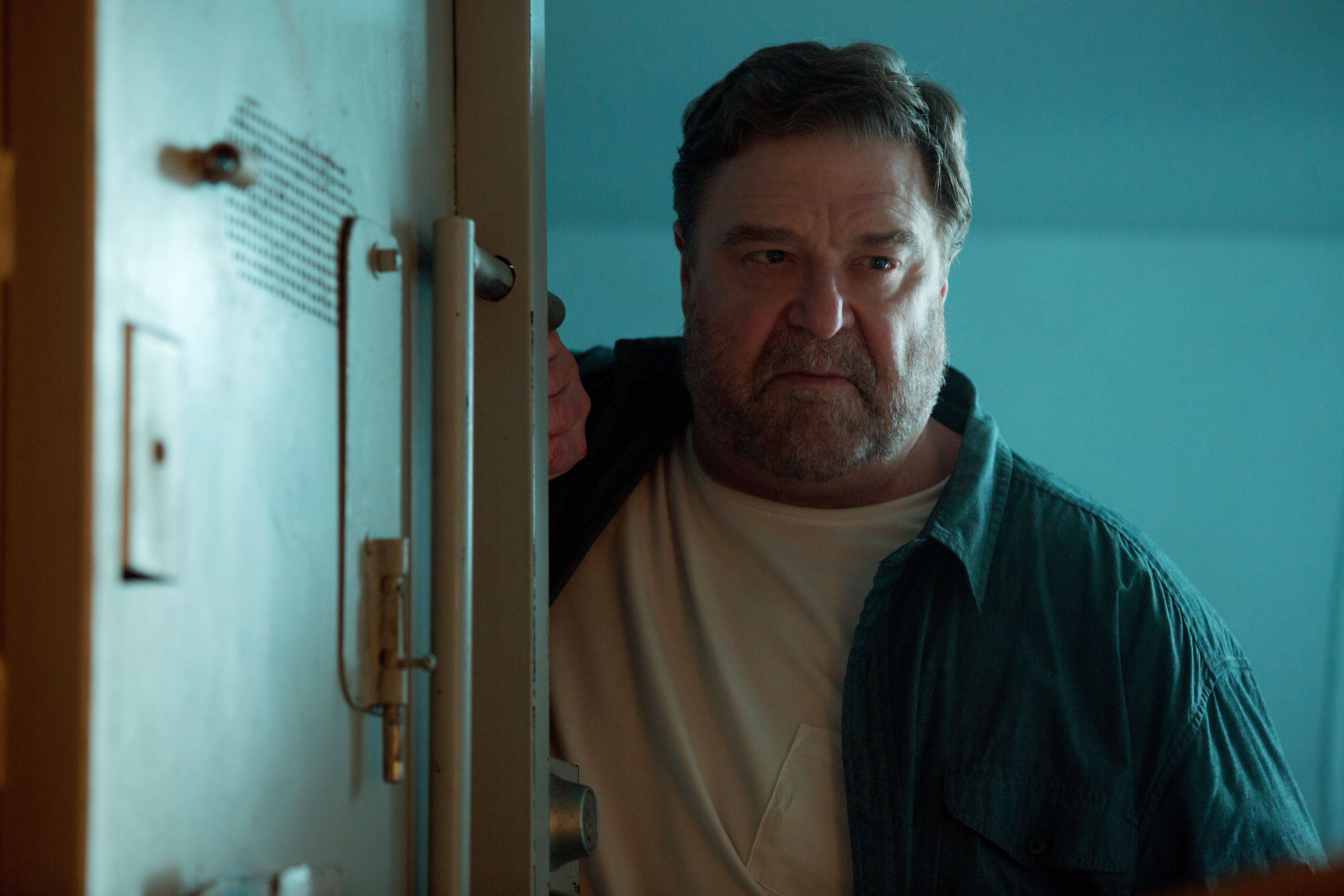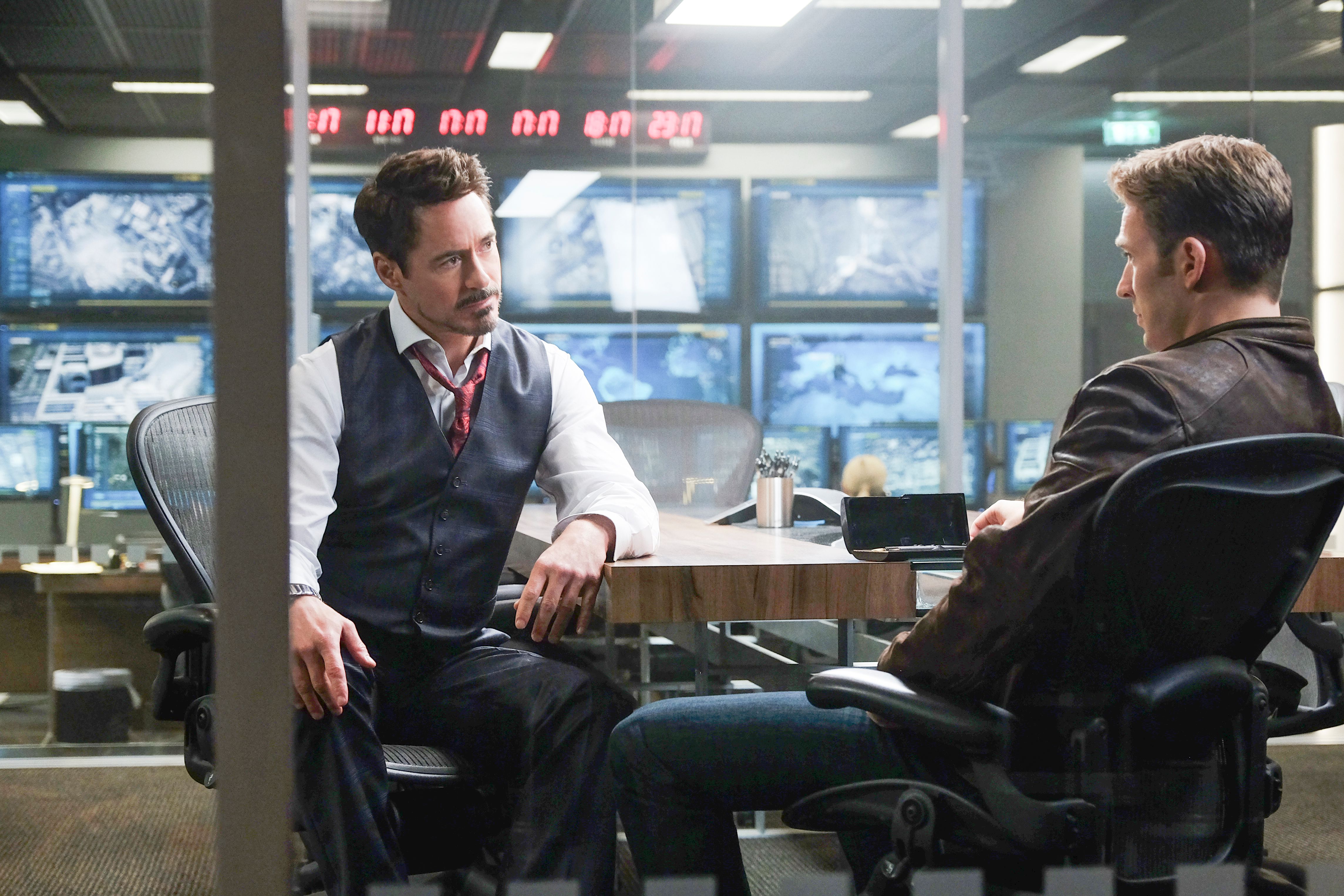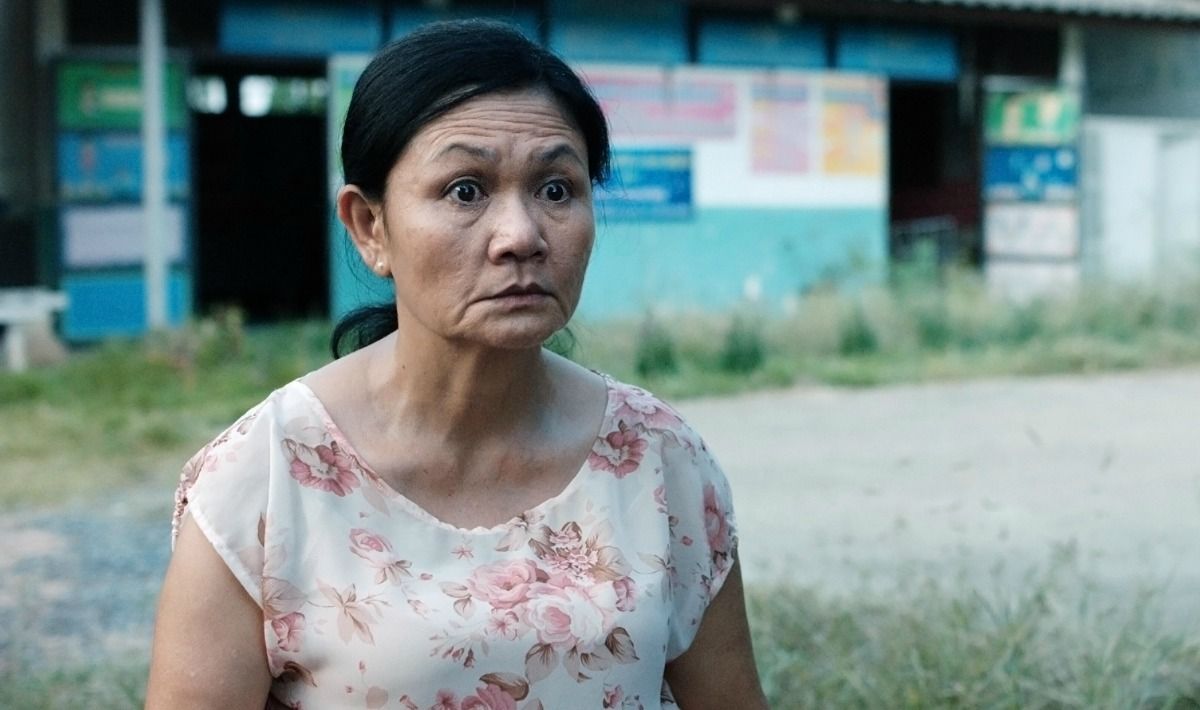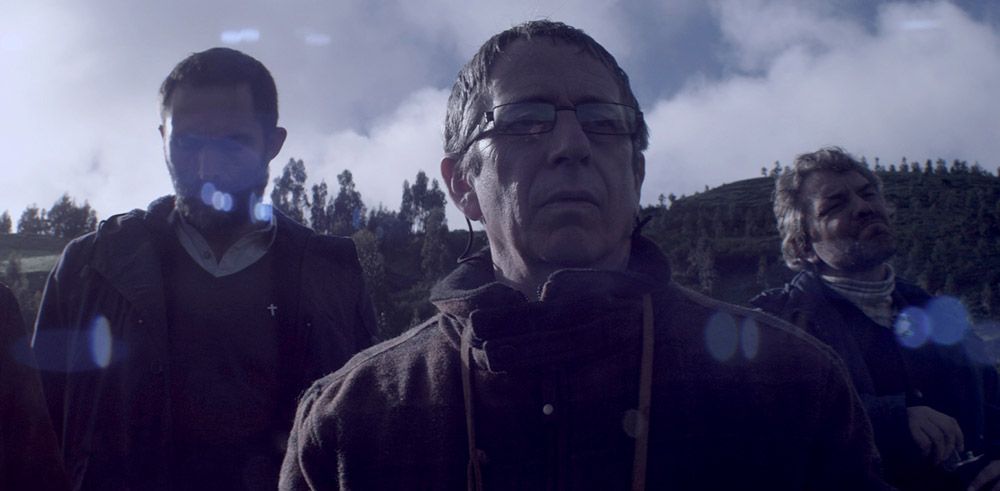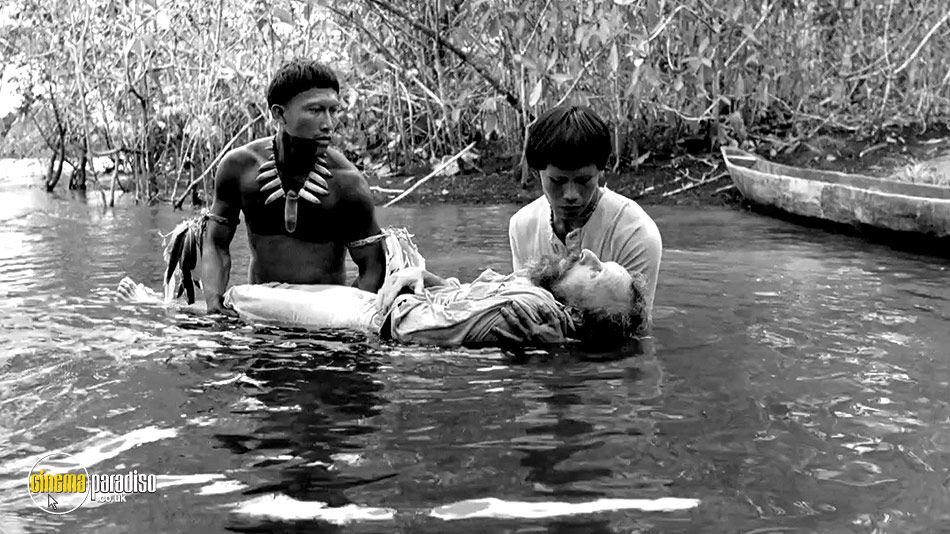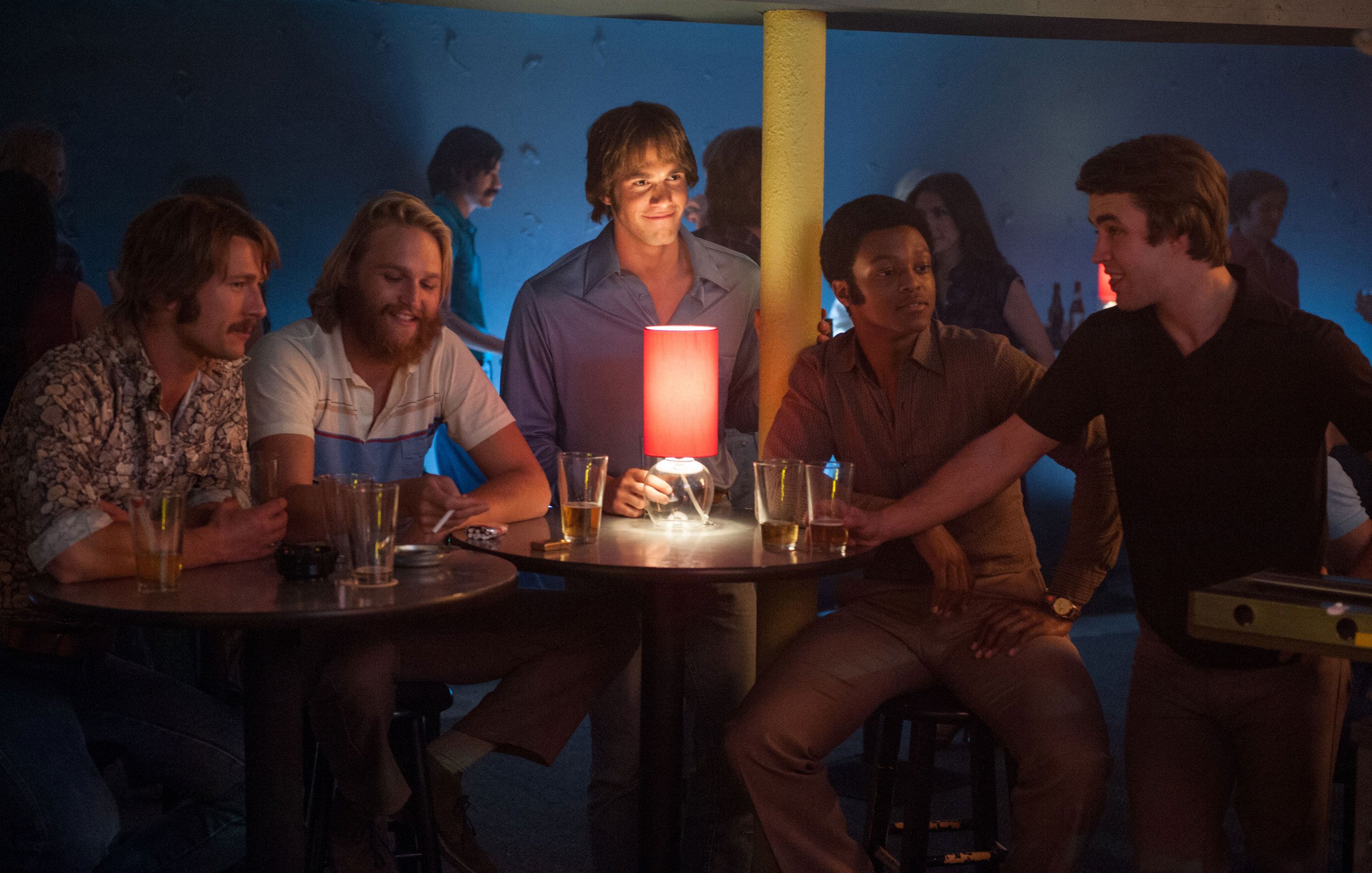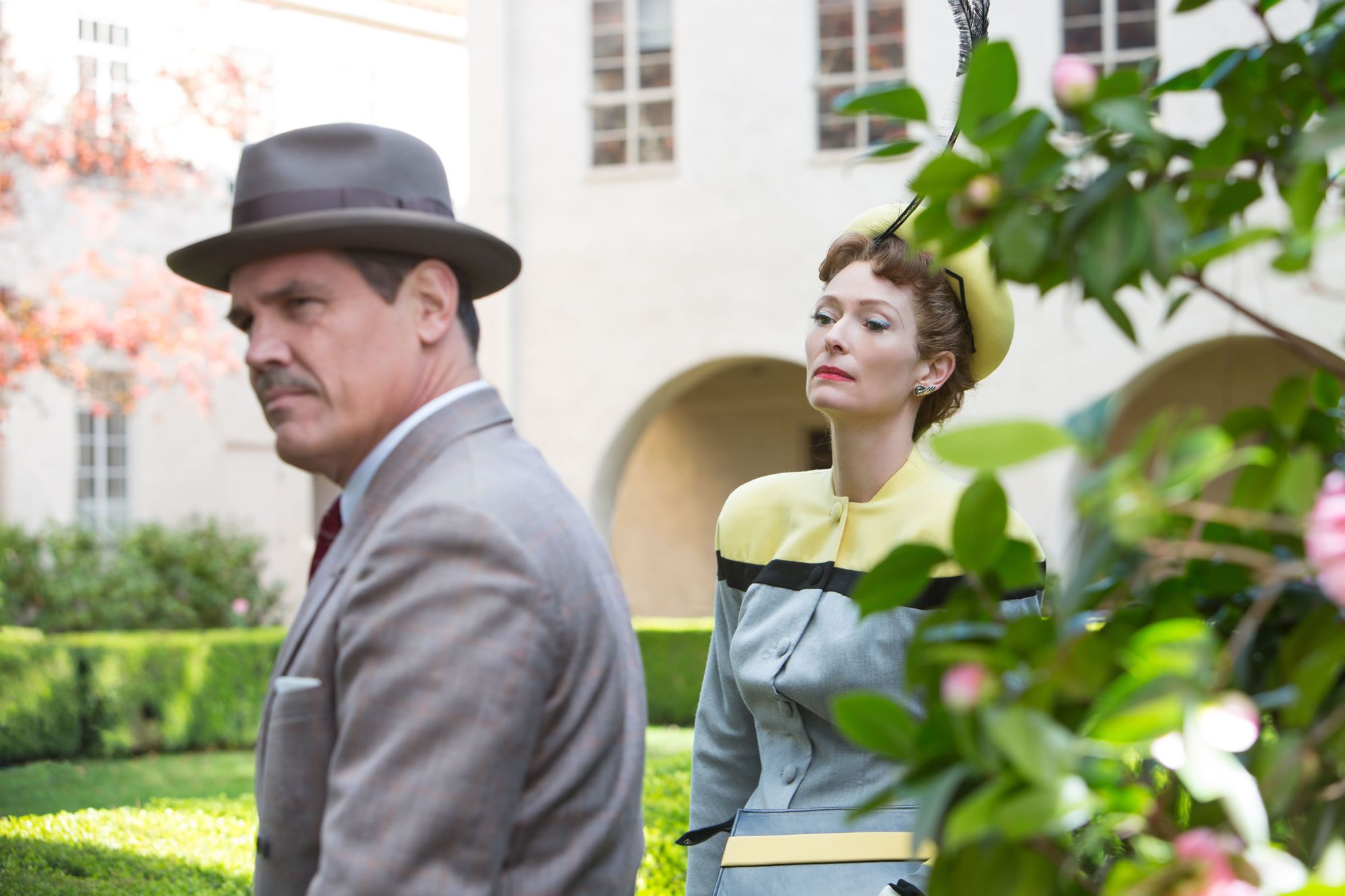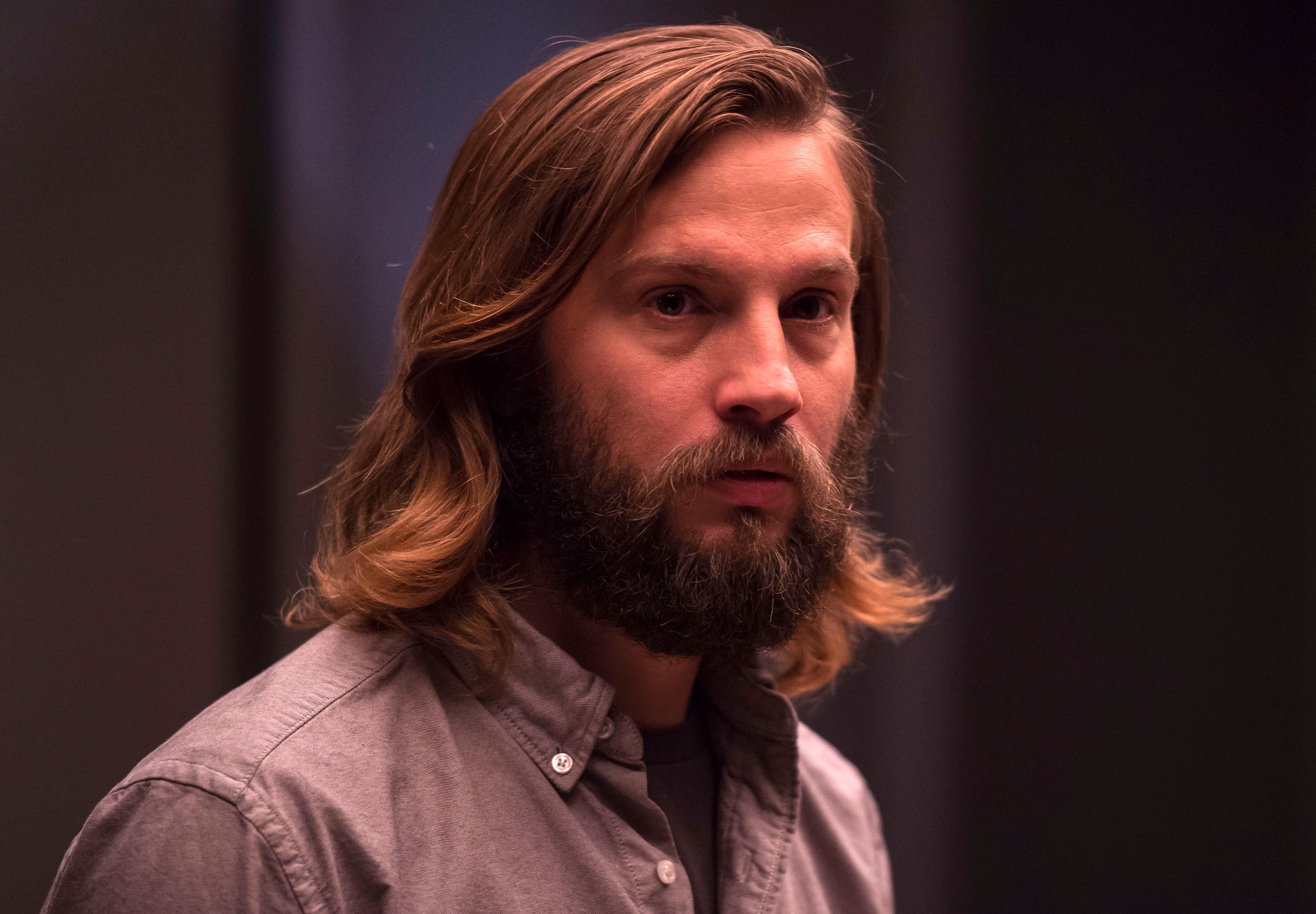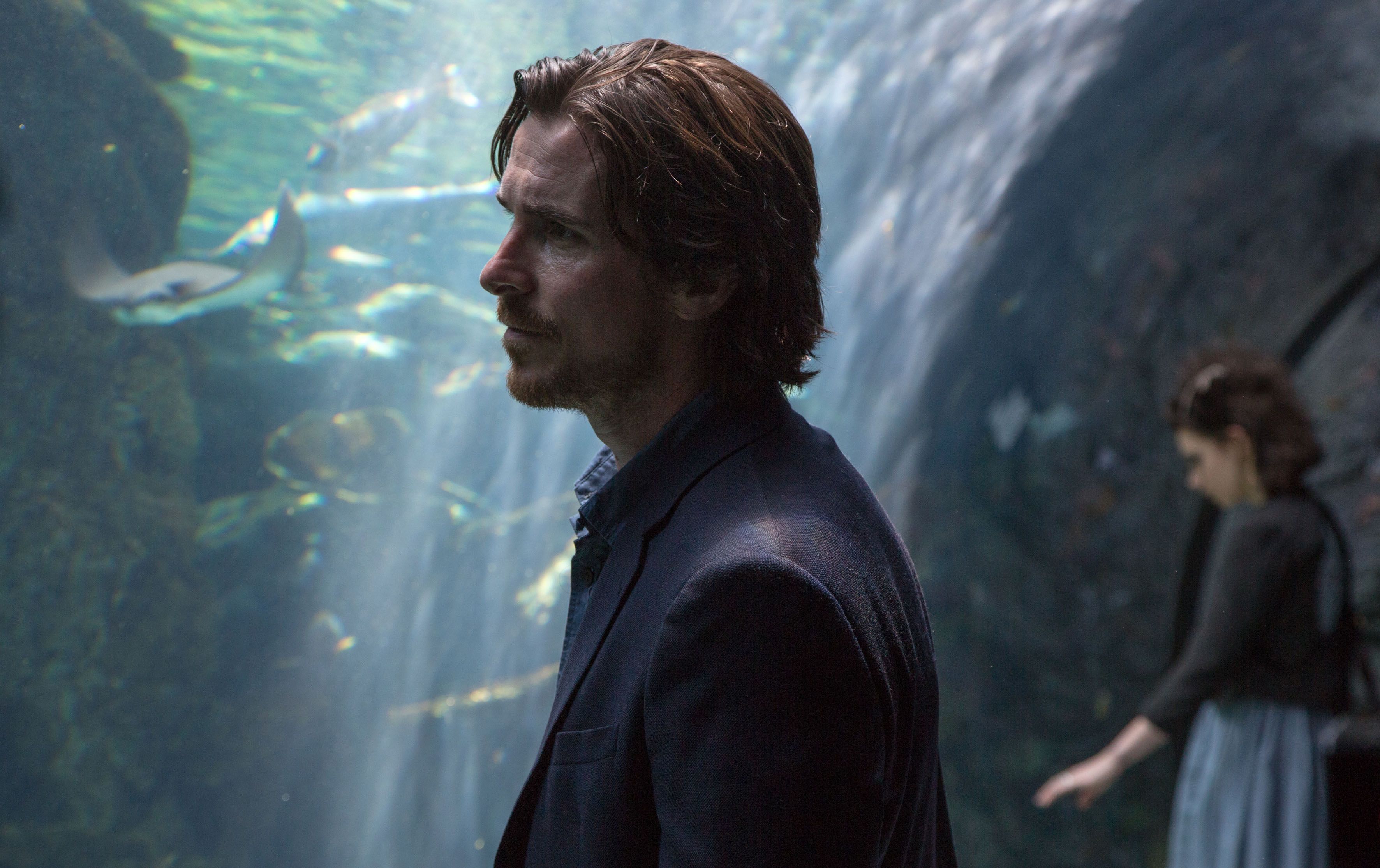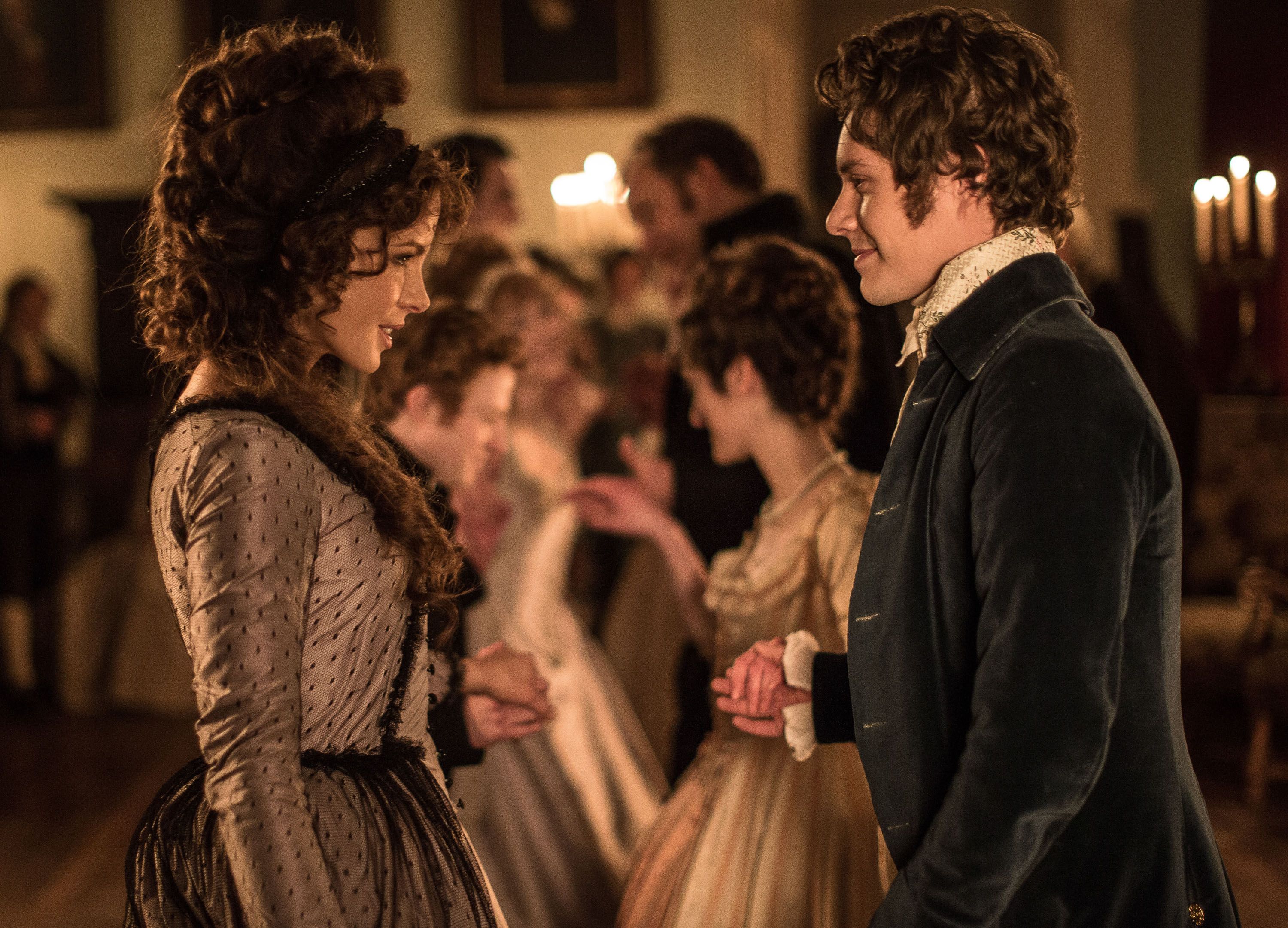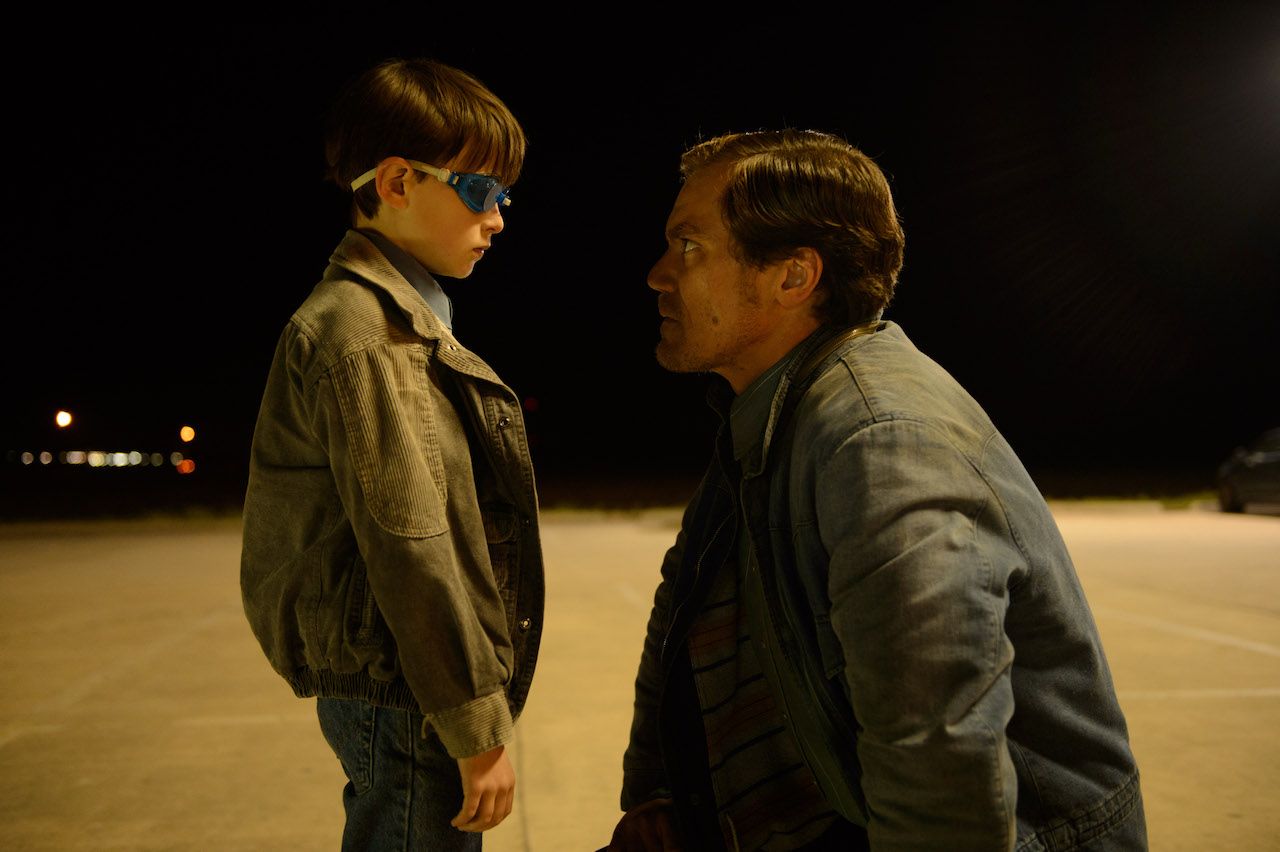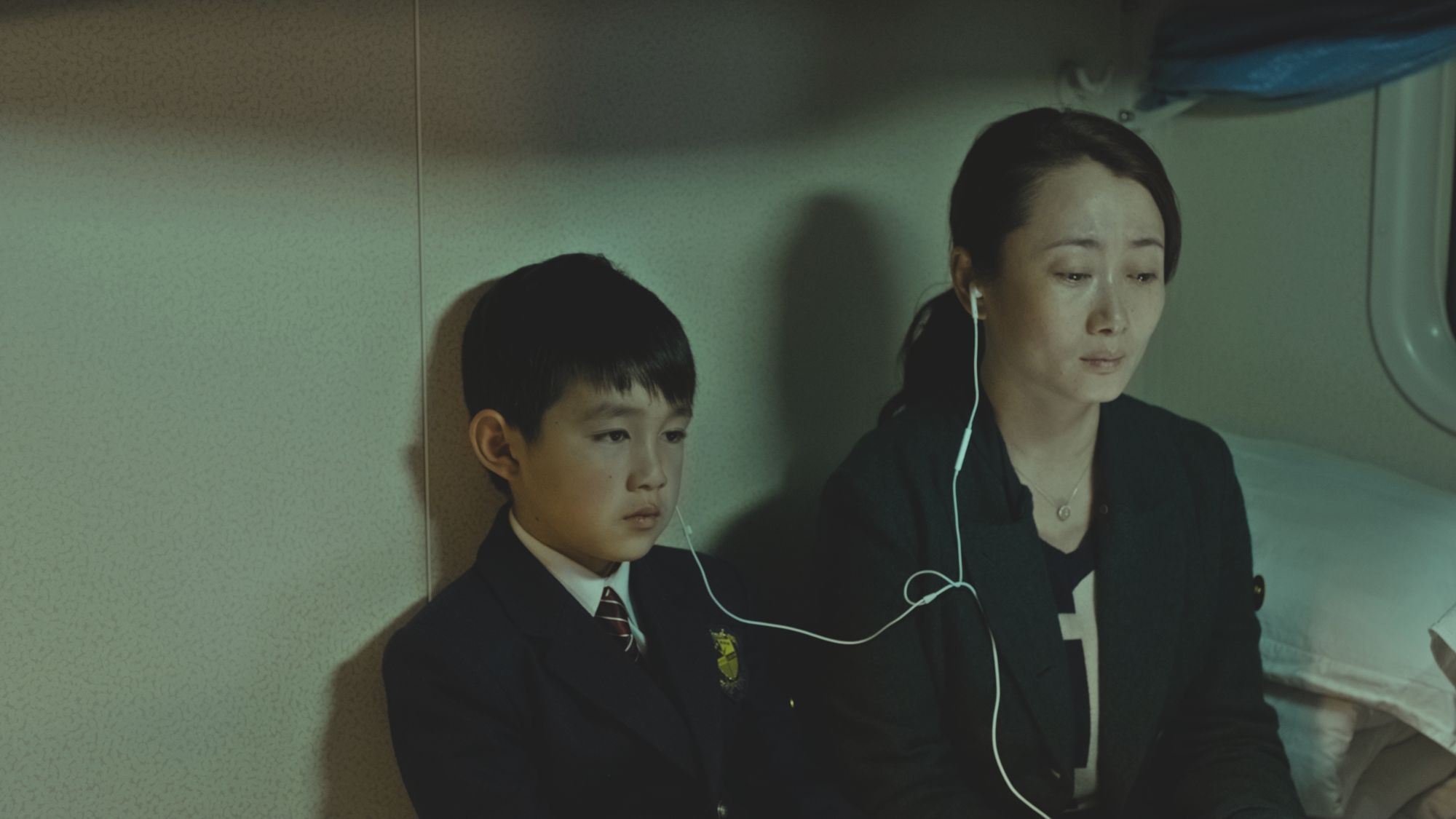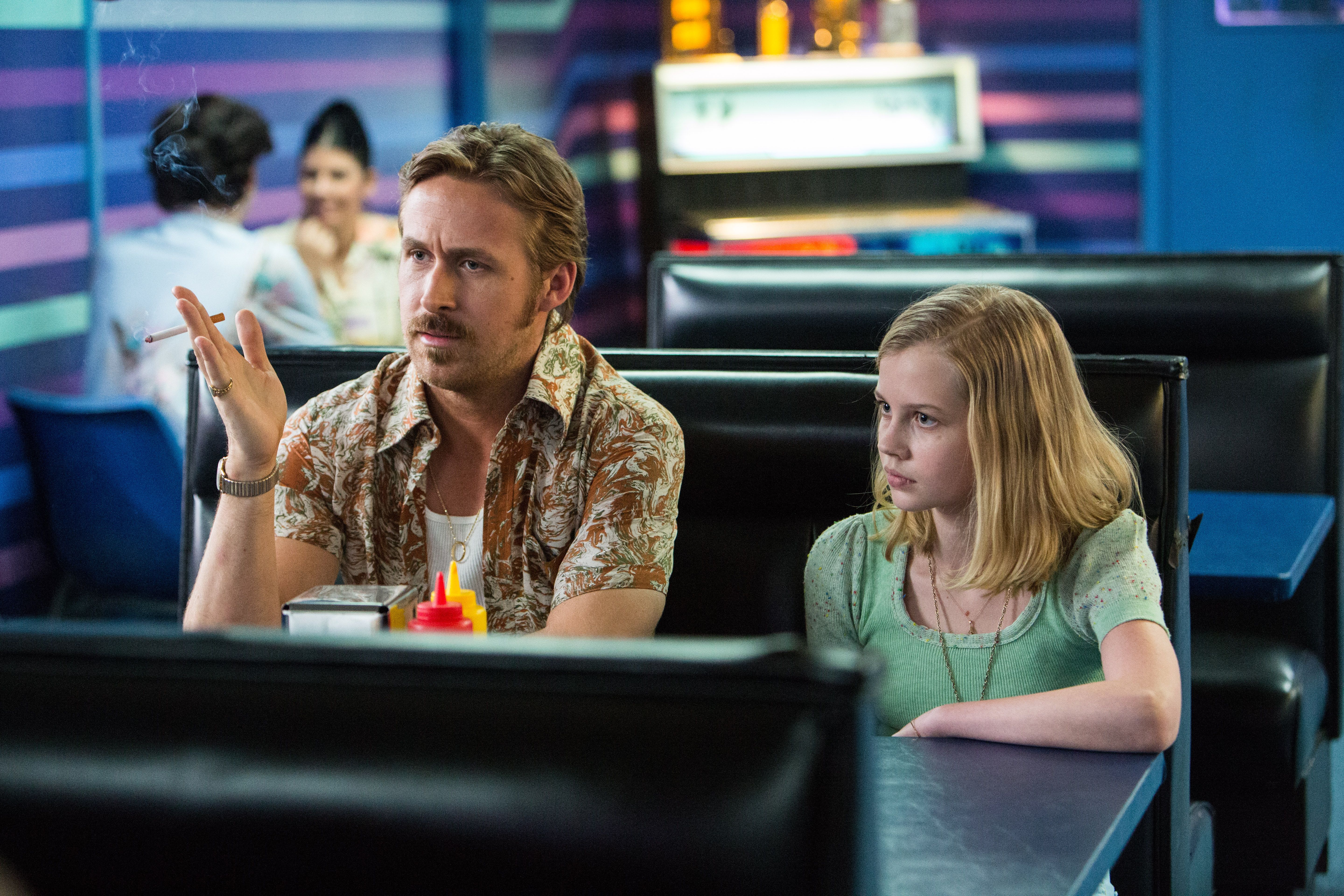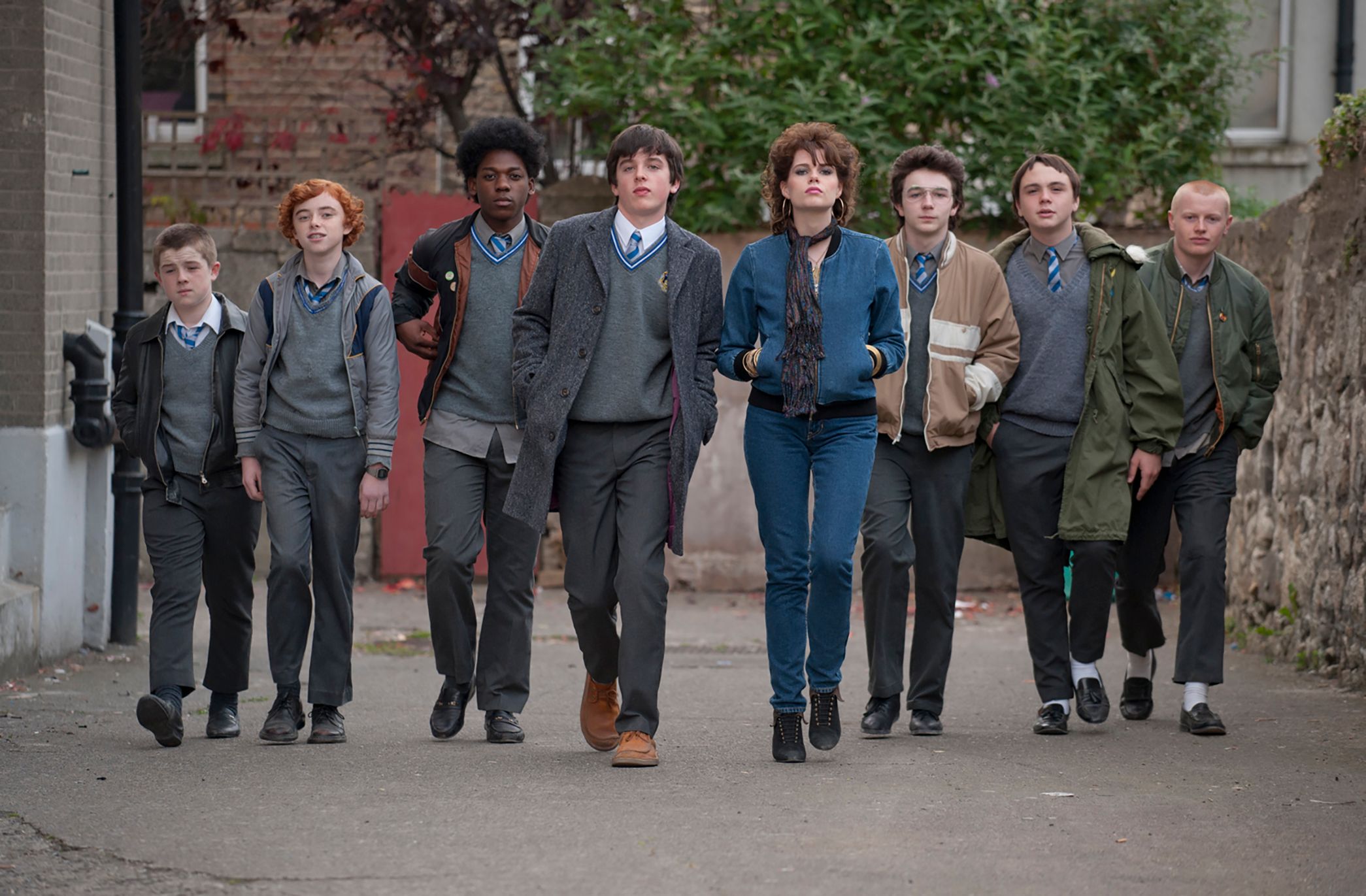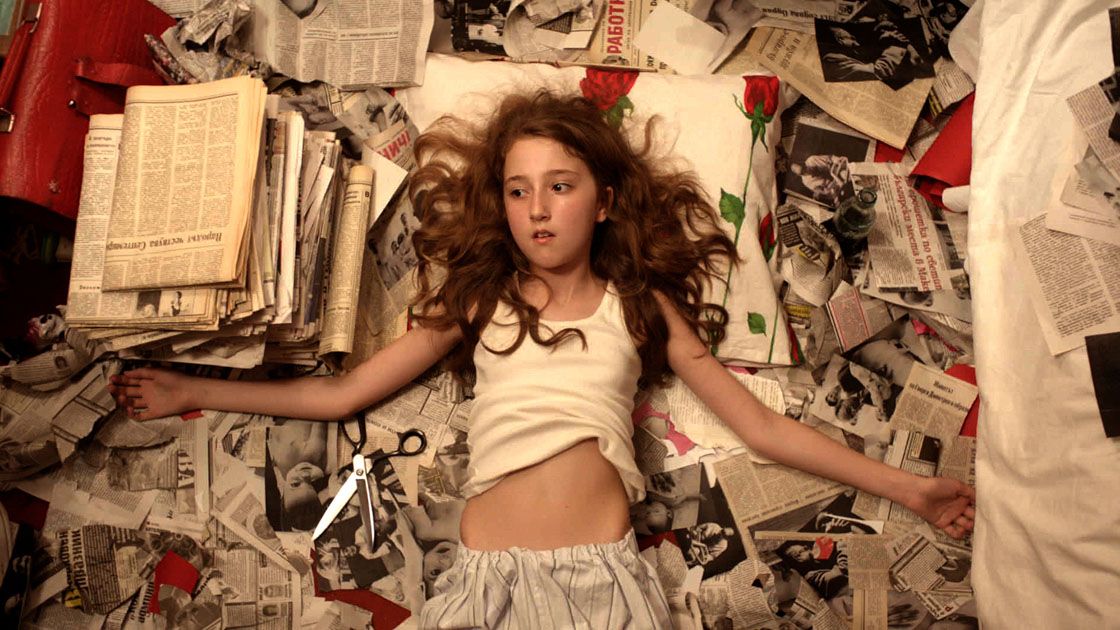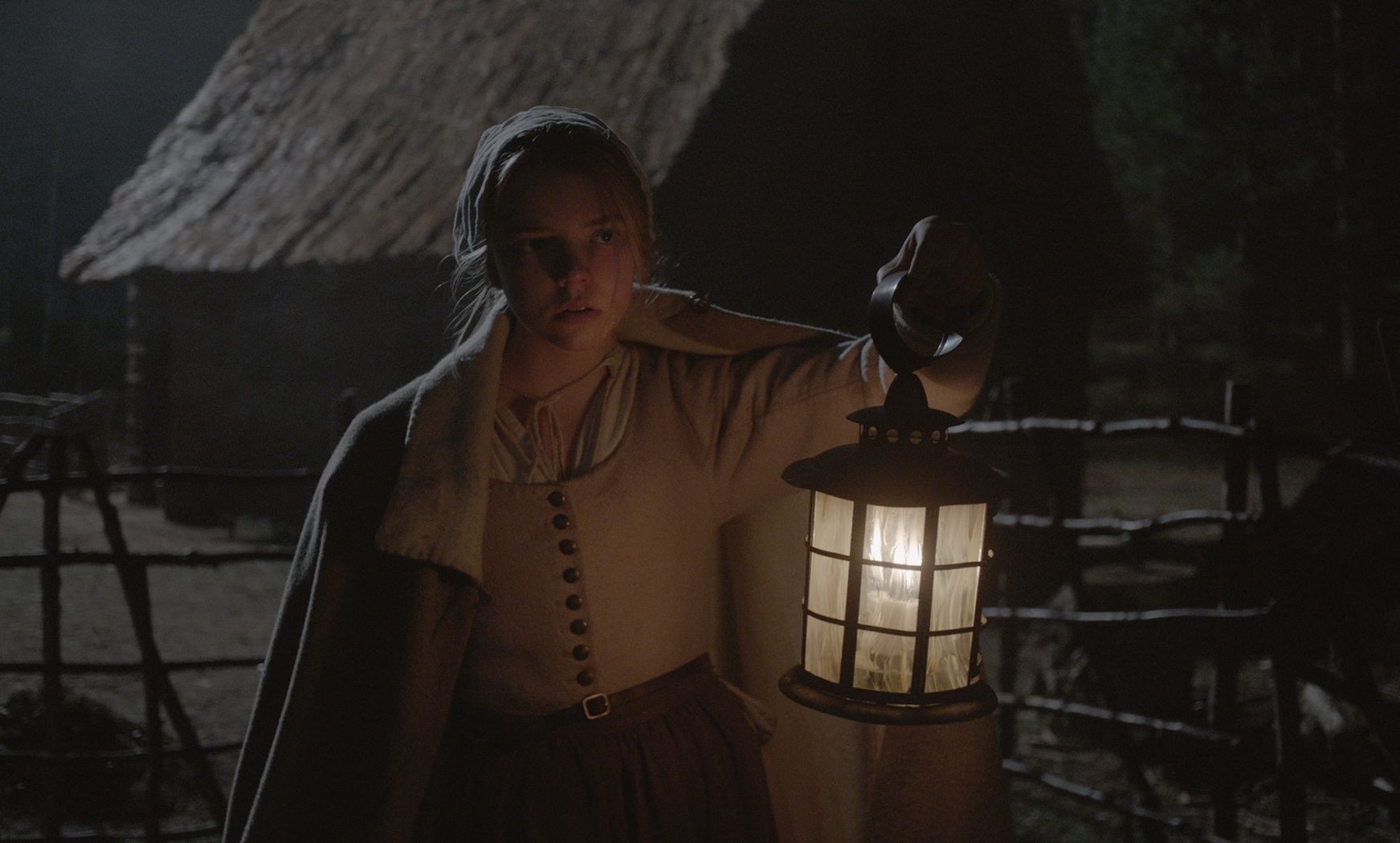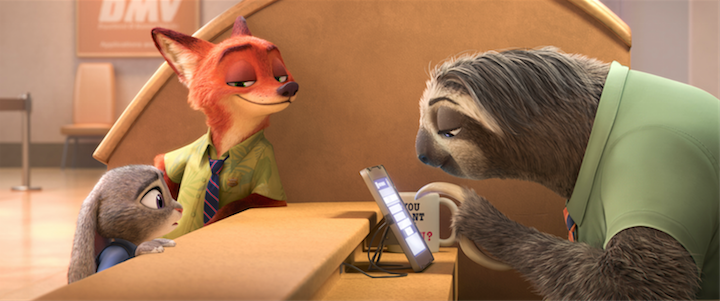I’m going to be honest here: 2016 has been a notably poor year for major American studios. It’s not all their fault, of course: The Nice Guys, one of the most remarkably entertaining action-comedies to be released this decade, got no love at the box office despite an energetic and engaging marketing campaign. Captain America: Civil War was fun and did very well, but even if it wasn’t very good, it was going to make money. Need proof? A similarly buzzed-about title, Batman v Superman, will remain in the top ten best opening weekends of all time for at least a year, and probably much longer based off of little more than its name and a battalion of devoted fans who tend to curse, brood, cite, and threaten rather than actually explain what there is to like about the film.
But hey, I’m not here to just jump up and down on Zack Snyder’s head; it’s already been done in far more eloquent ways than I can muster. Even outside of the tentpole pictures, things have been grim: Keanu was a tremendous disappointment from two very funny men, while The Jungle Book proved to be both very pretty and incredibly thoughtless. Deadpool, Civil War, and 10 Cloverfield Lane, up until it’s final 10 minutes or so, all offered minor pleasures that at least made the case for efficient, creative blockbusters at the multiplex, but for each one of them, there was a cloying, misguided mess like 13 Hours, London Has Fallen, and Allegiant.
None of this is particularly new, however. This has been the state of being for quite some time, and if 2016’s top offenders felt all the more noticeable, it’s only because their failures have also been more public. Word of mouth actually slowed Snyder’s roll, and there’s been a similarly clear backlash to the grand, empty spectacle of Warcraft, a film that should have been far more sweeping and magical than what felt like three hours of my cousin playing a really weird video game. It’s not surprising then that most of the best films have remained just a little below the radar, whether it be the assured moodiness and feminist allegories of The Witch or the wondrous, existential voyage that is Knight of Cups or Richard Linklater’s irrepressible ode to good times, Everybody Wants Some!!
One has to give credit to something like Civil War for having such a tight grasp on what makes a busy, entertaining movie, but the very best of 2016 thus far has, as always, come from films with distinct personalities and perspectives behind them, packed with ideas that don’t always do well in market testing. With the summer season well under way, we thought we’d gather our favorite films of the year as of right now, so there will be plenty of time to catch up with the best of the bunch by the time you’re making your end-of-the-year lists.
'10 Cloverfield Lane'
If you had told me last year that a Cloverfield follow-up would A. Actually happen and B. End up being one of the best films of the year, I’d have laughed in your face. But the taught, thrilling Twilight Zone-esque 10 Cloverfield Lane is just that, with a tremendously complex (and terrifying) performance from John Goodman and a refreshingly unique female blockbuster protagonist in Mary Elizbaeth Winstead. The secret to 10 Cloverfield Lane is that despite the sci-fi-intensive finale and winking title, at heart this is a character drama, and director Dan Trachtenberg executes the entire film as such. The twists and turns keep audiences guessing not just about what’s outside, but what’s inside, as the trifecta of Goodman, Winstead, and John Gallagher Jr. prove to make for an unendingly compelling watch. – Adam Chitwood
'Captain America: Civil War'
Leave it to Marvel to keep changing the game. Whether you want to look at this film as the third chapter in Steve Rogers’ story or the latest chapter in the Marvel Cinematic Universe, Captain America: Civil War is a towering achievement that smartly brings its two biggest characters into conflict, and does so with sharp subtext about the use of power and responsibility to the greater good. You may not agree with Cap (Chris Evans) or Iron Man (Robert Downey Jr.), but you’ll nonetheless be riveted by the choices they make and the brawl that ensues. Superhero movies don’t get any more epic than this (that is, until the next Marvel “war”…) – Matt Goldberg
'Cemetery of Splendor'
Just you try and concisely explain an Apichatpong Weerasethakul movie to the person next to you. Go ahead; I'll wait! Quite the chore, no? Even if it's not always easy to understand what exactly he's getting at, beyond the ache of spiritual death and metaphysical transformation, the films made by this Thai wunderkind are amongst the most hypnotic and strangely heartbreaking movies that have come out in the last two decades. The director made his reputation with the sublime double-tap of Syndromes and a Century and Uncle Boonmee Who Can Recall His Past Lives, but Cemetery of Splendor is similarly evocative, ruminative, and emotionally involving in its tale of the dead and dream states. An older woman, played by Jenjira Pongpas, looks after a soldier who has been stricken by a strange sleeping illness, and he is retrofitted with a tube light that is meant to help with the problem. As always, the progression of technical and medical science is intertwined with an advanced, thoroughly thoughtful take on the spiritual afterlife, and reincarnation. Lights glow all sorts of colors in Weerasethakul's Thailand and his imagery suggests floating through the land of the half-living, but the everyday struggle of poverty-wrecked Thai citizens is considered intermittently as well. As such, Cemetery of Splendor feels like a passage from one world to the next, a fascinating evocation of the feelings that passing away, or going to the movies, can foster. — Chris Cabin
'The Club'
The Club makes four masterworks in a row for the Chilean maestro Pablo Larrain, and early word about his next two films, including his American debut, which stars Natalie Portman as Jackie Onassis, has been remarkably positive. Though his treatment of his home country in the wake of Pinochet's death squads and routine corruption was always a big ghastly, Larrain reaches new levels of pain and furiosity with The Clan, which tells of a seaside home where a gaggle of ex-communicated priests are hiding out. Their crimes range from the familiarly, nauseatingly sexual to the callously greedy, but when one member of the titular clique shoots himself on their lawn, an investigator for the Catholic Church is flown in to take stock of the situation. To ruin any of Larrain's sinister pivots into a range of challenging moral questions would be wrong, but it's easy enough to say that the director sees a world where denial of crimes, of faults in religious design, has opened up a kind of pandora's box. In The Clan, we must face the horror of the Catholic Church's unending crimes forever due to our inability to face up to decades, even centuries of letting them get away with all of it. — Chris Cabin
'Embrace of the Serpent'
A distant cousin of Miguel Gomes’ ravishing Tabu and the wilder works of the great Luis Bunuel, Embrace of the Serpent may be one of the best films to be nominated for a foreign film Oscar in the past decade. Columbian director Ciro Guerra considers the long-lasting effects of colonialism and mortality as he details two adventures taken by Karamakate, played by Nilbio Torres and Antonio Bolivar, an Amazonian shaman who agrees to take two different scientists, separated by 40 years, to seek out a rumored healing plant. Guerra fills his black-and-white images with a fury against the idea of cultural and religious control, but he never loses the essential feeling of discovery in Karamakate’s intertwined voyages. One sequence in particular, at a school for misbehaving native children, expresses an anger and disbelief at colonialist thinking that rattles you to your core. – Chris Cabin
'Everybody Wants Some!!'
The “spiritual sequel to Dazed and Confused” tag that was used to promote Richard Linklater’s Everybody Wants Some!! isn’t a ruse, but it actually takes a little bit of time to achieve that distinction. Confused concerned a day-in-the-life of 1970s high schoolers and the routine acceptance of the roles of being next year’s top dog (seniors) and bottom dog (freshmen). There were keg runs, embarrassments, flirtations and philosophizing. It’s one of the best and most attuned teenage films of all time and an early spotter of the talents of Matthew McConaughey, Ben Affleck, Parker Posey and Adam Goldberg. Some!! takes place in college in the 80s, within the first weekend in the house of the university baseball team; there are freshmen and transfers coming in, seniors taking control, lots of parties (all within different youth subcultures), embarrassments, flirtations, and philosophizing.
Some!! is a little too on the nose with the male gaze of the camera lens as the guys go out to prowl for sex, ogling backsides and cleavage in a parade of faceless moments (it takes an uncomfortable amount of time before a young woman that they’re attempting to bed has any meaningful dialogue). The characters also meld a little too quickly (although it’s fun, no one would get into a car with a bunch of strangers and have a perfectly synchronized rap of Grandmaster Flash’s “The Message”). But around the point when our main freshman (Blake Jenner) starts to pursue a cute freshman he saw moving in (Zoey Deutch), the film gloriously achieves that Dazed groove. Jenner’s attempt to shed jock status to impress a theater girl forces the rest of the house to deliver their own unique creeds of what makes them different from the group they’re in. Once these discussions start entering the parties, practice fields and parking lots, Wyatt Russell, Glen Powell, Tyler Hoechlin and Deutch all get magnificent calling card moments for their future Hollywood ascension—a la the Confused alums before them—and Linklater is able to comfortably convey his “Message” of uniqueness. When the players are not in perfect unison—like they are at the beginning of the film—Some!! becomes spiritual indeed. — Brian Formo
'Hail, Caesar!'
Hail, Caesar! has the standard Coen Brothers plot of a kidnapping and a ransom, but that plot is all a McGuffin. Sure, a 1950’s A-list actor (George Clooney) gets drugged, taken to a safe house, and a briefcase with $100,000 is requested from the studio’s everyman “fixer” (Josh Brolin) by the kidnappers. But Caesar! is less interested in that. Instead, Caesar! is fixed on Old Hollywood. On the story side of things, the Coens deliciously frame cinema as a new belief system. Brolin’s fixer has discussions with religious leaders about the studio’s Christ film, Clooney’s been kidnapped by Communist writers who want an equal pay system within the pictures, and in both rooms of scholars man is described as being “split”. The splitting of mankind funnels us off into different groups that ultimately have more in common than we’d like to admit. By the end of the picture, cinema and entertainment has shown itself to be a potential healer for split people, as it provides a reprieve and a diversion.
On the surface, Caesar! is an excuse for the Coens to replicate Old Hollywood films that they’ll never make into a feature film. As Brolin wanders the lot taking care of egos and gathering ransom money, each sound stage is filming a different type of picture—many genres of which no longer exist; there’s the sailor musical, the bathing beauties swim picture, the huge Ancient Rome set, the no dialogue shootout western, the western musical, and the old school class melodrama that Hollywood now leans on Britain to produce. On these stages and nearby locations we get amazing moments (lensed gloriously by Roger Deakins, of course) from Clooney, Channing Tatum and Scarlett Johansson in Roman armor, tap shoes and a mermaid tale, but it’s Alden Ehrenreich who absolutely steals the movie as a B-movie buckaroo that the studio’s “changing the image” of by placing him in a dialogue-heavy melodrama. Caesar! is funny, charming and intelligent, but it’s the loose nature of the film that allows the Coens to skirt the “plot” and take us into 5-to-10-minute short films replicating Hollywood of yore that makes this madcap film worthy of many hails. And in Ehrenreich, truly a star is born. — Brian Formo
'The Invitation'
Social anxiety is a bummer. You walk into a crowded room and feel completely alone. You're surrounded by friends but feel in the thick of enemies. Karyn Kusama's The Invitation is one of the best films in recent memory to encapsulate that fearful disorientation and translate it into a gripping paranoid horror story. Set at a dinner party that finds a group of old friends reunited after years apart, The Invitation centers on Logan Marshall-Green's Will and Tammy Blachard's Eden, a divorced couple who lost their young son in a tragic accident. Years later, after Eden disappeared without a word, she reemerges a seemingly changed woman, her grief supplanted by a newfound peace of mind that she wants to share with her nearest and dearest at their long overdue reunion, set in the home she and Will once shared. Will is understandably suspicious, even hostile, towards her new mentality and even more so her new friends, and as the night unfurls, each moment more tense than the last, he develops a paranoid theory of insidious intent.
Or is it so paranoid? Kusama does a wonderful job balancing the two possibilities, setting up Will's instability and the uneasy circumstances in equal measure. Much of the film plays out as a ghost story, as Will navigates the halls of his old home, memories packed in at every turn. Haunted by his loss and tormented by his suspicions, Will's despondence increases by the moment as the night's events grow ever more unwieldy, building to a fever pitch anxiety that boils over at exactly the right moment. At a certain point, the film has to take a side, is Will crazy or is it everyone else who's insane for acting like nothing's out of order? Depending on how you like your horror, the answer will either delight or disappoint, but ending aside, nothing can undercut the preceding eighty minutes of Kusama's masterfully crafted, sick-making slow-burn suspense. — Haleigh Foutch
'Knight of Cups'
Terrence Malick has been making the best American movies this side of Martin Scorsese for the last few decades, but even by his ridiculously high standards, Knight of Cups is a walloping experience. Here, Malick envisions himself as a sell-out screenwriter (Christian Bale), who all-but floats through a world of tangled, tarnishing relationships with a series of unique women. Imogen Poots, Cate Blanchett, Teresa Palmer, and Natalie Portman all do some of the best, most instinctually aware acting of their careers against Bale’s largely silent but exquisitely ruminating performance. Even more stunning is the near-hallucinatory vision of family strife that Malick evokes in Bale’s hustler’s relationship with his father (Brian Dennehy) and brother (Wes Bentley), which sees to reach beyond time and even the loss of life.
It’s been suggested that Knight of Cups is nothing more than high-end white-guy brooding, and it’s not entirely hard to see how people could come to that conclusion. Then again, I’m not sure if any Malick film could escape such a condemnation, though such criticisms are easier to be levied at the filmmaker’s post-Days of Heaven work. There’s unquestionably something breezy about the film, a feeling that could be easily misconstrued as simultaneous carelessness and self-importance, but there’s also moments of untamed personality and clattering connections, a palpable feeling of intimate communication in his imagery. Believing, fully, that Malick’s visions of poverty, familial anger, sex, and love are genuine and empathetic, rather than merely self-important, is, in a way, an act of faith, which happens to be one of Malick’s chief concerns as an artist. Knight of Cups does not strike me as the work of someone who thinks only about himself and how he feels, but rather as the complicated, fearless divulgence of a very wealthy, wise, and imaginative artist. – Chris Cabin
'Love & Friendship'
Whit Stillman’s delightful comedic career has included a few pointed critiques of East Coast private school privilege (from Metropolitan through Damsels in Distress). Which makes him the perfect fit for taking on a comedic class navigation of America’s colonizers. One of Britain’s cheekiest and most rebellious melodrama scribes, Jane Austen, fits him like glove. Austen’s Lady Susan (Kate Beckinsale) is our guide through the houses of many 18th century estates. Lady Susan is a widow and property-less, but she means to not only keep her stature, but to continue to rise in society. She requests quarters at her distrustful sister-in-law’s (Emma Greenwell). And from there she sets up a chessboard that includes a new-money suitor (Tom Bennett) for her daughter (Morfydd Clark), an American confidant (Chloë Sevigny) who’ll cover for her when she meets up with a married man (payment in gossip, of course), and attempts to win over her former brother-in-law (Xavier Samuel) to keep her in the family’s good graces (and guest room).
There’s a labyrinth of characters in Love & Friendship, and Stillman helps us keep track of them through posed portraits. It takes the first third of the film to set up all the characters, but once they’re all placed, it’s dizzying fun. Bennett is a hoot as the oaf with a heart of gold, who’s new to gold, and thus the type of conversation that old money wants to echo in their quarters. And Beckinsale properly keeps the audience at arm’s length as she’s consistently putting on a new affront and gives no sense of self, besides achieving her status desire. While such a distant character might make another film impenetrable, Stillman’s supporting cast is so delightful that it makes Susan’s manipulation of her status (and them) more lighthearted and fun. — Brian Formo
'Midnight Special'
With only a handful of films under his belt, filmmaker Jeff Nichols is well on his way to becoming a national treasure. 2012’s Mud was his biggest hit to date, and Nichols used that clout to make his major studio debut on a film that was very much not your typical major studio movie. Midnight Special is strange, sad, and wildly compelling, as Nichols channels 1980s John Carpenter for a sci-fi-laden story of parenthood. The film doesn’t waste time talking down to its audience and is shockingly light on exposition for a movie of this subject matter, but it works. Nichols trusts the audience to be an active viewer, and the nuance of the film’s structure and performances tell you everything you need to know about what’s happening. Michael Shannon is put to terrific use here as a regretful but not impotent father, and Adam Driver has an unsurprisingly standout turn as a government figure. Midnight Special an emotionally challenging film as it refuses to take the easy route at every turn, but it’s refreshingly original and undoubtedly effective. – Adam Chitwood
'Mountains May Depart'
The Chinese director Jia Zhangke follows up his astounding A Touch of Sin with this vast, visionary melodrama, about a love triangle that yields splintered takes on modern Chinese society, as well as the political and cultural upheavals faced by that country over the last few decades. Zhangke’s axiomatic leading lady (and off-screen wife) Tao Zhao plays the fulcrum of the story, Shen Tao, a young saleswoman who marries a rich, ambitious, America-obsessed entrepreneur (Yi Zhang) rather than indulge her attraction for a more traditional, humble coal miner (Jing Dong Liang). The implications of China’s move towards a more brazenly capitalistic mode of economic being is seen reverberated in a number of human experiences, and in the last segment, involving Dollar (Zijian Dong), Shen’s teenage son, Zhangke let’s his imagination run wild. The filmmaker’s resounding empathy towards those emotionally or physically lost in the shuffle is deeply moving, and his imagery remains as dense with symbolic signage and as it is simply gorgeous. – Chris Cabin
'The Nice Guys'
Only a mind like Shane Black's could turn Ryan Gosling and Russell Crowe into the year's best comedic duo. For his first post-Marvel directorial gig, Black returns to his love of Noir -- a love he proved ample inspiration for cinematic magic with the unreasonably delightful Kiss Kiss Bang Bang. For The Nice Guys, which Black has accurately described as a spiritual sequel to KKBB, Black unites yet another mismatched buddy comedy duo; Gosling's "worst detective ever", Holland March, a constantly intoxicated single father and shamelessly exploitative PI, and Crowe's hyper-rational, but violence-inclined strongman, both of whom are dragged into a far-reaching conspiracy when their respective clients end up embroiled in the same fiasco.
The unlikely duo is magnetic, each dripping with their own particular brand of machismo, their tremendous chemistry bolstered by Black's whip-sharp dialogue and playful direction. And while Black is back in a comfortable groove with his LA-centric Noir buddy comedy, this time he infuses it with a DGAF tinge of nastiness and irreverence that give the film a refined, singular voice in the age of four-quadrant appeal. Packed with tightly executed set-pieces and Black's rich, colorful aesthetic -- a quality that is greatly served by the 1970s setting, The Nice Guys is a powerhouse of personalities, from the pair at the heart of the film to the man behind the camera, and they all play off each other beautifully in spectacular, fearlessly adult action comedy for the ages. — Haleigh Foutch
'Sunset Song'
The early 20th century Scottish countryside is filmed with an idyllic, painterly eye in Terence Davies’ (The Deep Blue Sea, The House of Mirth) newest film. The green hills roll, the wheat sways, the lake is a proper blue, and the horse hoofs to town take us to schoolhouses and kind town folk. It’s what life is meant to be. For Chris (Agyness Deyn), however, that idyllic light is repeatedly snuffed out in her homestead. First by her overbearing father (Peter Mullan), who repeatedly and dangerously impregnates her mother and beats his oldest son for the most minor of transgressions, and then by the words of community leaders who would brand her husband (Kevin Guthrie) a traitor and a coward if he does not enlist for War.
There are many breathtaking shots in Sunset Song (lensed by Winter’s Bone’s Michael McDonough), but there is a higher purpose here than mere painterly pictures. Quietly, Song is perhaps the most humane and feminist film of the first half of 2016. Chris’ home, particularly her stairwell, is filmed in vacancy or just with Chris, repeatedly throughout Song, the perfect rays of morning light spreading out the promises of a new day—a new day in which she routinely assists in running the family farm. The darkness in the film comes from the taking hand of her father and the idyllic community and husband that turns on her due to notions of what a man should properly do. It’s a man’s world, here, but Chris can routinely pause and see the light that they no longer can because of horrors they’ve been forced to witness. The men take too much burden upon themselves when women like Chris can surely aid in shouldering those burdens with strength, grace and light. — Brian Formo
'Sing Street'
Joy is an emotion that many films try to conjure, but few succeed at enrapturing the audience in pure, unaltered glee as effectively as Sing Street. The 1980s-set musical from Once and Begin Again filmmaker John Carney has a premise that could easily have devolved into schmaltz—Irish school kids start a band and make music videos to impress a girl—but is executed with confidence and ambition in equal measure, resulting in one of the most joyful moviegoing experiences of the year. But Carney isn’t satisfied simply with crafting catchy tunes and staging funny musical sequences—the film is also kind of heartbreaking in its chronicle of broken family life, and how kids cope with their home life crumbling in a variety of ways. The film also features one of the most stunningly executed instances of emotional dissonance in recent memory, with one particular musical sequence tackling the notion of expectations vs. reality in brilliant form. The performances are swell, especially Jack Reynor as the “older brother” type, and it builds to a rousing finale that’ll have you crying tears of heartache and joy without knowing exactly which is which. – Adam Chitwood
'Viktoria'
I honestly can't remember the last time Bulgaria put out an honest-to-goodness stunner, but Viktoria would have to count amongst the very best films to see release from the country stateside. The film envisions a strange occurrence: a mother (Irmena Chichikova) has a child with no belly button that becomes the bratty, self-entitled symbol of the communist party. Director-writer Maya Vitkova gives the script a novelistic sweep, with waves of personal and historical nuances that crash against imaginative tweaks of the plot and various characters. It's just as important that her camera work, alongside DP Krum Rodriguez, is breathlessly involving, full of gorgeous pans and tracking shots of apartments, rooms, and roads where people are tortured by their pasts and wrecked with regret. And yet, Viktoria never feels overtly cynical about society's tendency to fall in with what's popular and accepted by many as truth, rather than finding your own way to live in a world filled with others. - Chris Cabin
'Weiner'
One of the best documentaries of the year, and maybe of the decade. Anthony Weiner's candidacy for Mayor of New York City began as an unexpected blaze, with groundswell support from the workaday crowd, as well as in African and Latin-American-dominated corners of the five boroughs. And then his flirtatious, aggressive personality got the best of him, with a number of reports of him sexting with random supporters and trading lascivious phone photos with others. What's captured in Weiner is the clattering crash of a public persona at the hand of its inevitable personal demons, a great orator and convincer brought down by his hunger to use his abilities for feelings of sexual power and pleasure. The intimacy of the documentary comes from unprecedented access, which was granted to filmmakers Josh Kriegman and Elyse Steinberg during Weiner's campaigning, and what they capture shares DNA with likes of Bergman and Cassavettes, as the marriage between the candidate and his wife, Huma Abedin, one of Hilary Clinton's most trusted colleagues, begins to rattle and grows nearly unbearable to watch when weighed down by by feelings of furious disappointment, shame, distrust, and frustration. — Chris Cabin
'The Witch'
I first saw writer/director Robert Eggers’ disturbingly effective horror film The Witch back at the 2015 Sundance Film Festival and it has stuck with me ever since. This is a singular piece of filmmaking announcing Eggers as a true talent to watch, and his command of atmosphere and tone is stunning. He doesn’t hinge his horror on jump scares or some complex mythology that lets all the air out of the balloon as soon as it’s explained—this is a horror film that is effective because it envelops the viewer into this fully realized world and berates them with tension via mood. Dread is prevalent in every single scene, and it builds to a jaw-dropping conclusion that is as upsetting as it is terrifying. This isn’t just one of the best horror films of the year, it’s one of the best films of the year period. – Adam Chitwood
'Zootopia'
Disney Animation is on a roll, and their streak continues with the shockingly great Zootopia. While anthropomorphized animals are a tried and true cliché of the animation genre, Zootopia filmmakers Byron Howard and Rich Moore opted to elevate their film with wild ambition, ultimately crafting an animated Disney movie about racial prejudice and institutional bias. That alone makes Zootopia noteworthy, but the gorgeously realized world building, cleverly drawn characters, and spot-on humor coalesce into one of the most pleasantly surprising moviegoing experiences of the year so far. – Adam Chitwood

